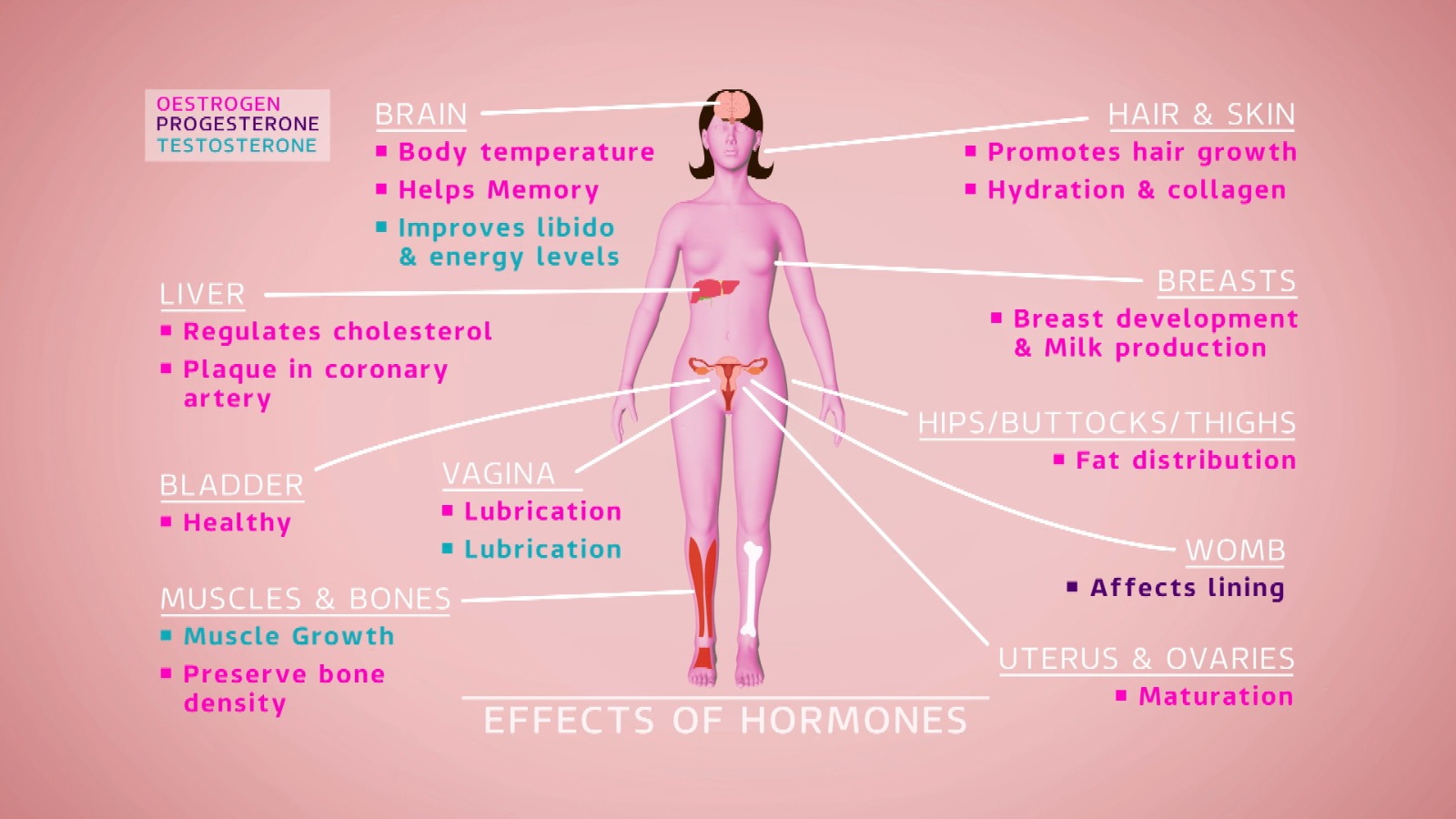There are several lifestyle changes that can help alleviate the symptoms of menopause and improve overall health during this time. These include:
- Maintaining a healthy diet: Eating a diet rich in fruits, vegetables, and whole grains, and low in processed and high-fat foods, can help reduce hot flashes and improve overall health.
- Staying active: Regular physical activity can help manage menopausal symptoms such as weight gain, hot flashes, and sleep problems, as well as improve overall health.
- Reducing stress: Stress can exacerbate menopausal symptoms, so finding ways to manage stress through relaxation techniques such as deep breathing or yoga, or seeking support from friends and family, can be helpful.
- Getting enough sleep: As mentioned earlier, sleep disturbances are common during menopause. Establishing a regular sleep schedule and creating a cool and comfortable sleep environment can help improve sleep quality.
- Limiting alcohol and caffeine: Alcohol and caffeine can interfere with sleep and exacerbate hot flashes, so it may be helpful to limit consumption of these substances during menopause.
- Quit smoking: Smoking can increase the risk of menopausal symptoms such as hot flashes, as well as many other health problems. Quitting smoking can help improve overall health during menopause.
MENOPAUSE: JOINTS
It is not uncommon for women to experience joint pain or stiffness during menopause. This can be due to the hormonal changes that occur during this time, as well as the natural aging process. Estrogen plays a role in maintaining bone density and joint health, and the decline of estrogen during menopause can lead to an increased risk of osteoporosis and joint problems. In addition, menopause can also be associated with weight gain, which can put added strain on the joints. To help manage joint pain during menopause, it is important to maintain a healthy weight through diet and exercise, and to engage in regular physical activity to strengthen the muscles around the joints. It may also be helpful to try low-impact exercises such as swimming or cycling, and to use heat or cold therapy to alleviate joint pain. If joint pain is severe or persists despite self-care measures, it is good to speak with a healthcare provider for further evaluation..
MENOPAUSE SKIN AND HAIR
During menopause, some women may experience changes in their skin and hair. These changes can be due to the hormonal changes that occur during menopause, as well as the natural aging process.
Changes in the skin during menopause can include:
- Dryness: Estrogen helps keep the skin moisturized and elastic, and the decline of estrogen during menopause can lead to dry, itchy skin.
- Wrinkles: The loss of collagen and elastin, which give the skin its structure and elasticity, can lead to the development of wrinkles.
- Thin skin: The thinning of the skin, which can occur with age, can make it more prone to bruising and irritation.
- Acne: Hormonal changes during menopause can lead to an increase in androgens, which can cause acne.
To help manage changes in the skin during menopause, it is important to:
- Use a moisturizer: Moisturizing the skin can help alleviate dryness and itching.
- Protect the skin from the sun: Using a broad-spectrum sunscreen with an SPF of at least 30 can help prevent sun damage and reduce the risk of skin cancer.
- Avoid hot showers: Hot water can strip the skin of its natural oils, so it is important to use lukewarm water when showering.
- Quit smoking: Smoking can cause the skin to age prematurely and may worsen menopausal skin changes.
Changes in the hair during menopause can include:
- Thinning hair: The decline of estrogen during menopause can lead to hair loss or thinning.
- Dry hair: Menopause can also cause the hair to become dry and brittle.
To help manage changes in the hair during menopause, it is important to:
- Use a gentle shampoo: Avoid using harsh shampoos that can strip the hair of its natural oils.
- Use a conditioner: Conditioning the hair can help add moisture and improve its appearance.
- Avoid heat styling: Heat styling can damage the hair, so it is important to use heat-protective products when styling and to avoid using hot rollers, curling irons, and flat irons too frequently.
- Eat a healthy diet: A diet rich in protein, iron, and other nutrients is important for maintaining healthy hair.
If changes in the skin or hair persist or are severe, it is good to speak with a healthcare provider for further evaluation and know the treatment options.



